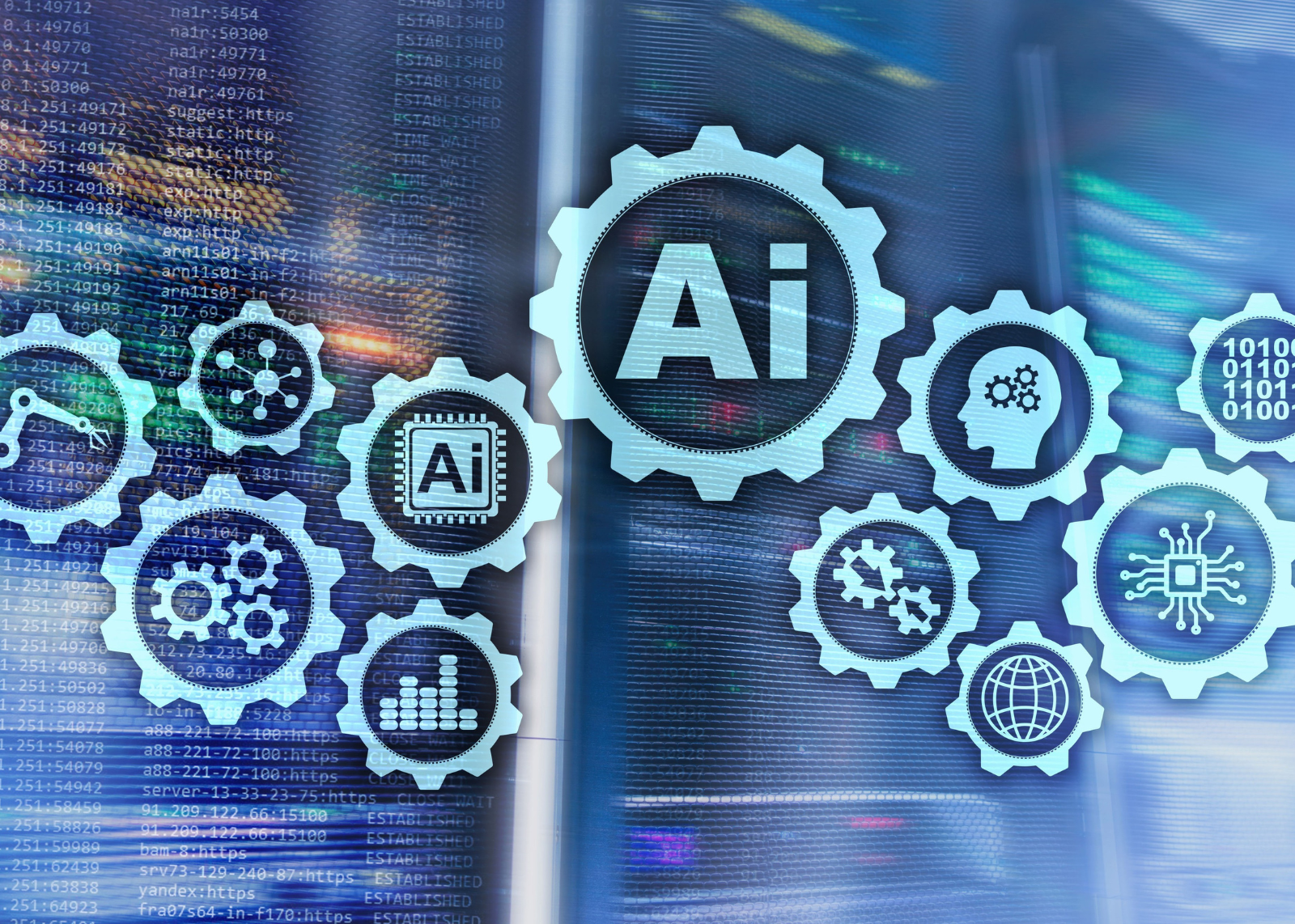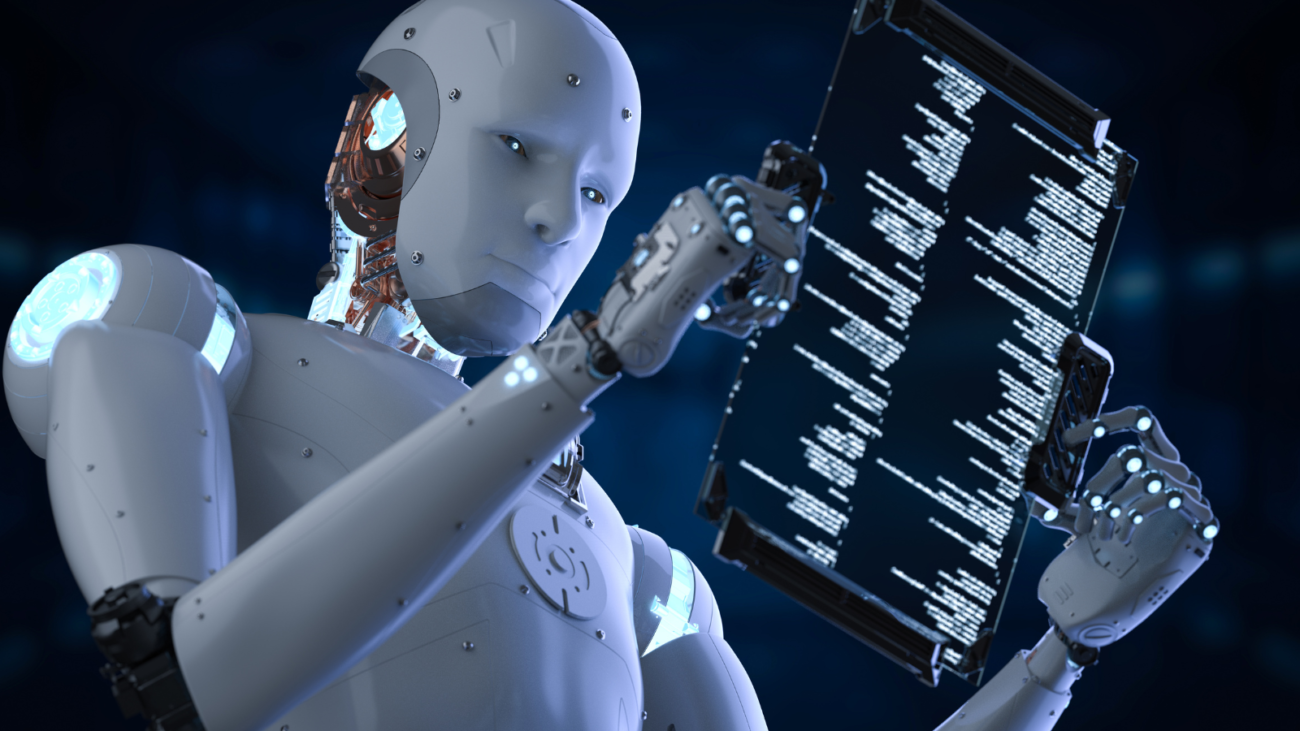As technology continues to advance, Artificial Intelligence (AI) has become a key player in reshaping industries and revolutionizing the workplace. With the rapid evolution of AI capabilities, there is a growing debate on whether AI can replace humans in the professional
sphere. Let’s explore this topic in depth to understand the potential, challenges, and ethical considerations of AI-driven automation.
The Role of AI in the Workplace
AI has significantly penetrated various aspects of the professional sphere, ranging from simple tasks to intricate decision-making processes. Through advancements in machine learning, natural language processing, and robotics, AI systems have become highly sophisticated, capable of analyzing extensive data, recognizing patterns, and executing tasks with unmatched speed and accuracy.
Enhanced Efficiency and Productivity
One of the primary arguments for the adoption of AI in the workplace is its ability to enhance efficiency and productivity. AI-powered automation streamlines workflows, eliminates repetitive tasks, and allows human workers to focus on strategic, creative, and value-added activities. From data entry to customer service and manufacturing to logistics, AI has the potential to optimize processes and drive business outcomes with exceptional efficiency.
Precision and Accuracy in Tasks
Another significant advantage of AI lies in its precision and accuracy in performing tasks. AI systems can analyze data swiftly and consistently, identify anomalies, and make decisions based on objective criteria. In sectors like healthcare, finance, and manufacturing, AI-driven analytics and diagnostics lead to quicker diagnoses, better predictions, and improved outcomes for individuals and businesses.

Scalability and Adaptability of AI
AI offers scalability and adaptability, enabling businesses to rapidly expand their operations and respond to market changes with agility. AI-powered systems can handle large data volumes and adapt to new challenges without extensive retraining or reprogramming. This scalability makes AI an appealing option for businesses seeking to stay competitive in a fast-paced environment.
Challenges and Limitations
Despite the benefits, there are concerns about AI-driven automation leading to the displacement of human workers. This displacement can result in job losses, economic instability, and social inequality if not managed effectively. Additionally, ethical and societal implications arise as AI systems become more autonomous and decision-making algorithms more complex.
Embracing Collaboration and Coexistence
Ultimately, the future of AI in the workplace is about collaboration and coexistence between humans and machines. Rather than viewing AI as a threat, it should be seen as an opportunity to enhance human potential, drive innovation, and augment productivity. By leveraging the strengths of both humans and AI, a harmonious future can be created where technology complements human work instead of replacing it entirely.
In conclusion, while AI technology has the potential to bring significant changes to the professional sphere, it cannot entirely replace human capabilities. The unique qualities of human beings—such as empathy, creativity, and critical thinking—remain irreplaceable.
Embracing AI responsibly and ethically allows for the enhancement, rather than the replacement, of the human experience in the workplace.

